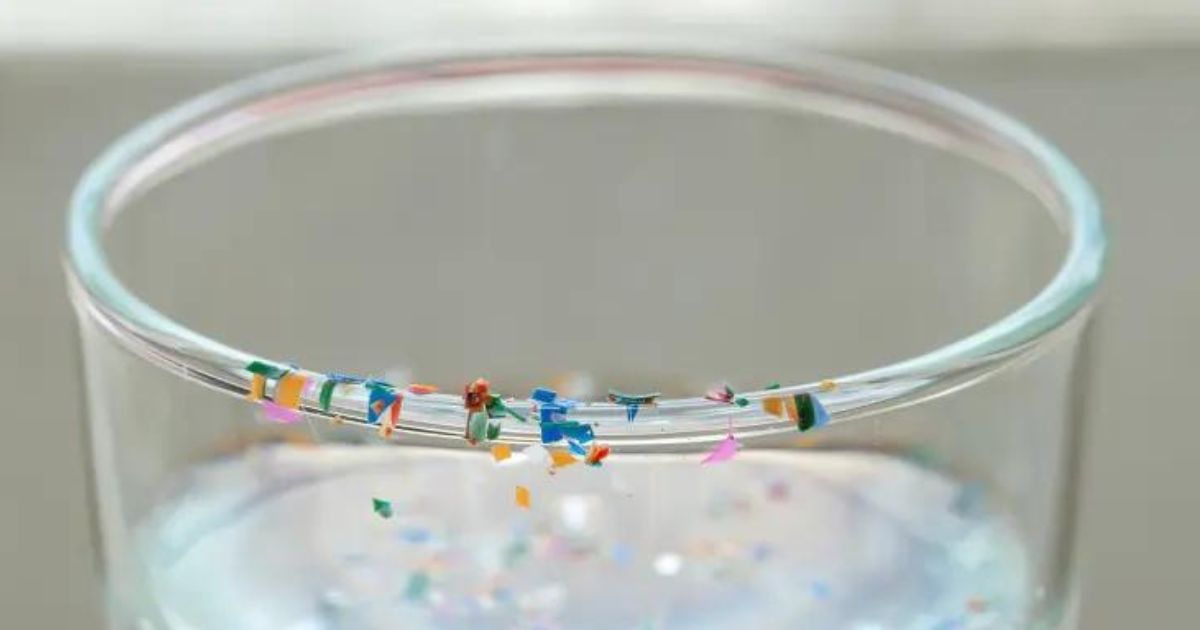In a world that often celebrates dedication and hard work, a new study sheds light on the hidden struggles of workaholics. Contrary to the assumption that work addicts find pleasure in their jobs, recent research suggests that their average mood is worse than that of others. The implications of this study extend beyond personal well-being, with potential risks for burnout and cardiovascular problems. Here’s a comprehensive look at the findings and their significance in understanding the impact of work addiction.
Dark Side For Workaholics
Several studies have hinted at the sense of unwellness experienced by workaholics, emphasizing negative emotions like hostility, anxiety, and guilt when they are unable to indulge in extensive work.
However, the latest research takes a deeper dive into the mood dynamics of workaholics, revealing that their negative emotions persist even when they are engaged in the activity they are most passionate about—their work.
To understand the emotional landscape of work addicts, a team from the University of Bologna conducted a psychological test on 139 full-time workers. The participants were then monitored throughout the day using a mobile app to analyze their mood fluctuations.
Professor Cristian Balducci, a key researcher in the study, highlights the potential connection between the observed negative mood in workaholics and elevated stress levels.
This heightened stress could contribute to an increased risk of burnout and cardiovascular issues. Considering that workaholics often hold positions of responsibility, their negative mood might influence colleagues, posing an organizational risk that demands attention.
Contrary to the popular belief that work addicts derive more pleasure from their jobs, the study suggests otherwise. Professor Balducci notes that the initial euphoria associated with work addiction eventually gives way to a negative emotional state that persists even during work activities. This challenges the notion that workaholics find sustained joy in their professional pursuits.
One noteworthy discovery is the consistently negative mood experienced by workaholics throughout the day, irrespective of external factors. Dr. Luca Menghini attributes this to the workaholic’s struggle to moderate work investment, leading to a decrease in disconnection and recovery experiences and the simultaneous consolidation of a negative affective tone.
The study also reveals a gender aspect, indicating that women are more vulnerable to workaholism than men. This vulnerability is attributed to deeply rooted gender expectations in our culture.
The findings prompt a closer examination of societal norms and their impact on work habits, urging a more nuanced understanding of work addiction.
As the discussion on work-life balance intensifies, this research adds a crucial layer by exposing the less glamorous side of workaholism. The negative moods experienced by work addicts, coupled with potential health risks, demand a reevaluation of workplace culture and expectations.
Organizations are urged to consider interventions to discourage behaviors contributing to workaholism, fostering a healthier and more sustainable approach to professional dedication.
The study serves as a reminder that beneath the veneer of productivity lies a complex interplay of emotions that significantly influences individual and collective well-being.








Leave a Reply
You must be logged in to post a comment.